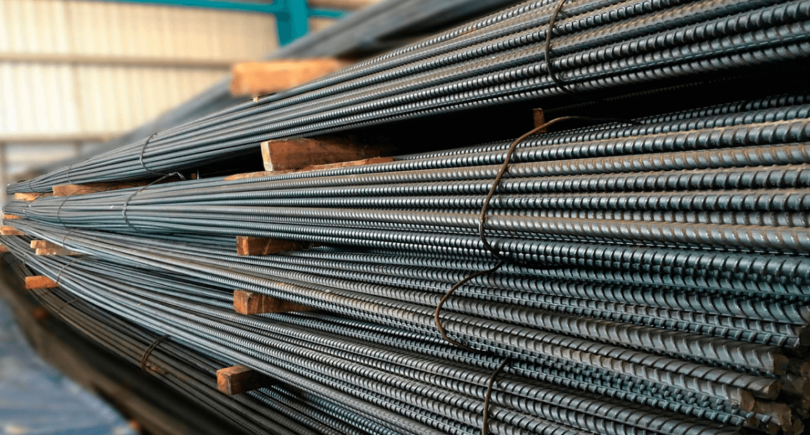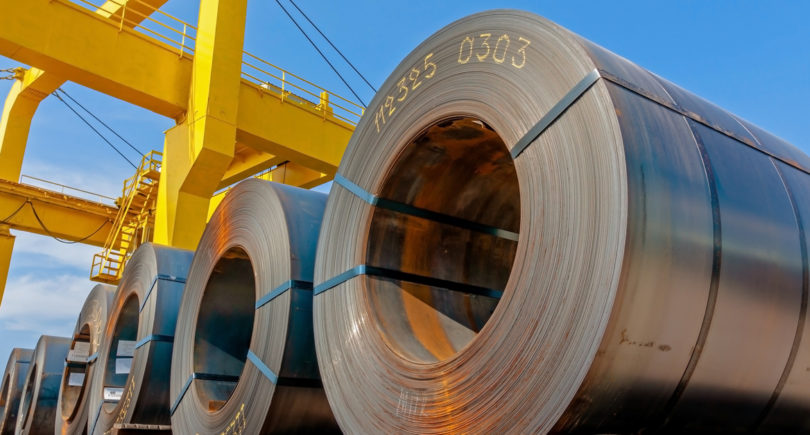
News Global Market CBAM 144 12 May 2025
In the future, close cooperation between supply chain participants will be required
The European steel industry is still not fully prepared for the gradual implementation of the carbon border adjustment mechanism (CBAM). Additional costs under the mechanism could lead to difficulties in steel trade starting in 2026. This was discussed at the Made in Steel exhibition in Italy, Fastmarkets reports.
The mechanism will finally come into force on January 1, 2026, but the fiscal consequences will only appear in May 2027.
According to Alexander Julius, President of the European Steel Distributors Association Eurometal, the EU has postponed the introduction of CBAM until May 2027, as the electronic platform for trading certificates is not yet ready.
The price of CBAM certificates will be linked to carbon prices in the EU ETS. Participants will buy certificates on the electronic platform and will be able to resell unused ones. To import steel, a declarant company will need to register on the electronic platform. Initially, declarations will have to be submitted for Scope 1-2 emissions, and eventually for Scope 3 as well.
Suppliers from outside the EU will be able to register their facilities on the electronic platform to declare Scope 1-2 emissions, but this data will be verified by EU verifiers and certification companies.
According to Mr. Julius, about 100,000 companies may be allowed to purchase CBAM certificates on the European platform.
At the same time, postponing the purchase of CBAM certificates will not reduce the financial pressure on companies. The President of Eurometal noted that in 2027, the declarant will have to buy all CBAM certificates for goods cleared in 2026, which raises the issue of creating financial reserves.
In the first year of the CBAM, importers will have to pay only for 2.5% of the emissions associated with imported goods, and by 2034 this rate will gradually increase to 100%.
According to Mr. Julius, much closer cooperation in the supply chain between importing companies, processors and end users will be required in the future. Imported steel with higher emissions will have to be paid extra, resulting in additional costs of about €56/t. The buyer needs to be familiar with the system to be able to take into account the carbon cost factor.
One way could be to adapt contracts to include pre-coordination of emissions tracking between plants, customers and logistics partners, as well as the use of digital systems for reporting emissions and managing REDD certificates.
As GMK Center reported earlier, Ukrcement, the association of cement producers in Ukraine, is calling on the Cabinet of Ministers to ask the EU to postpone the carbon border adjustment mechanism for the country. Earlier, the National Association of Extractive Industries of Ukraine and leading subsoil use market players also issued a similar call to the Ukrainian government.
According to GMK Center’s updated estimates, Ukraine may lose $7.2 billion of GDP by 2030 as a result of the introduction of the carbon border adjustment mechanism.




